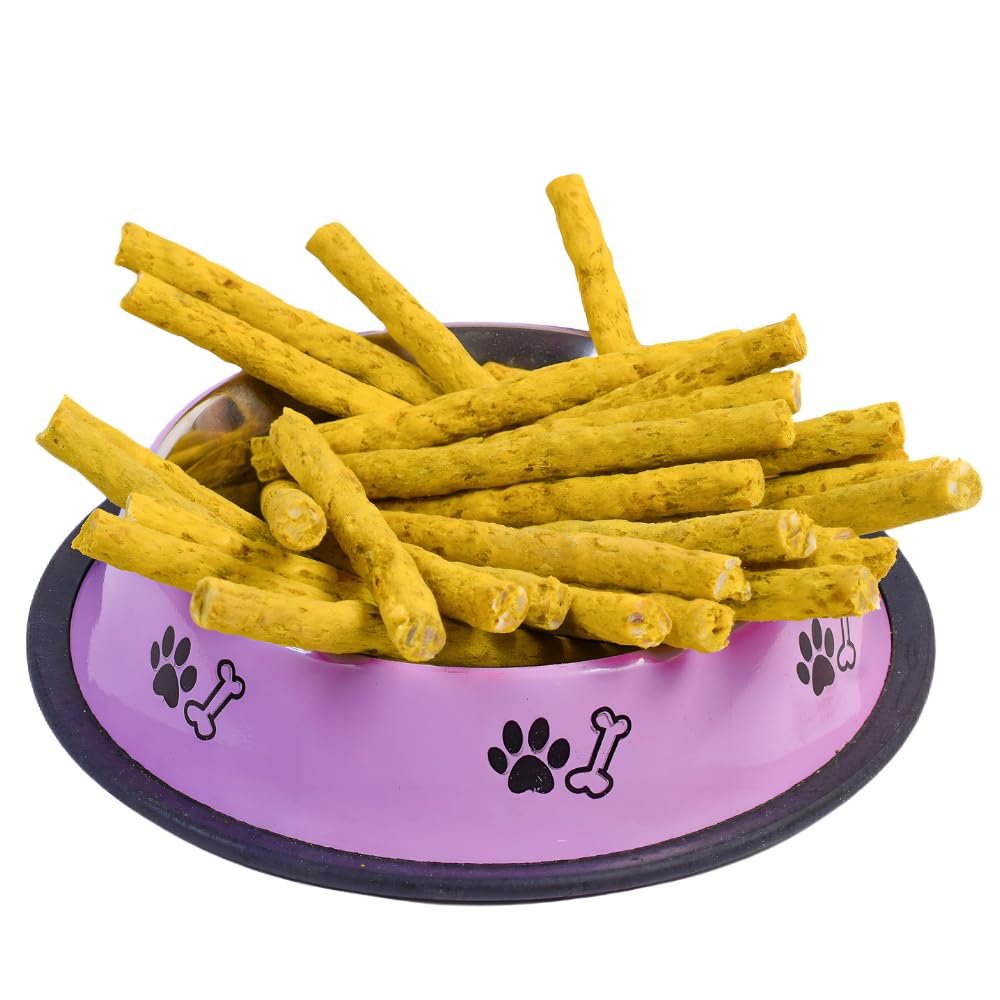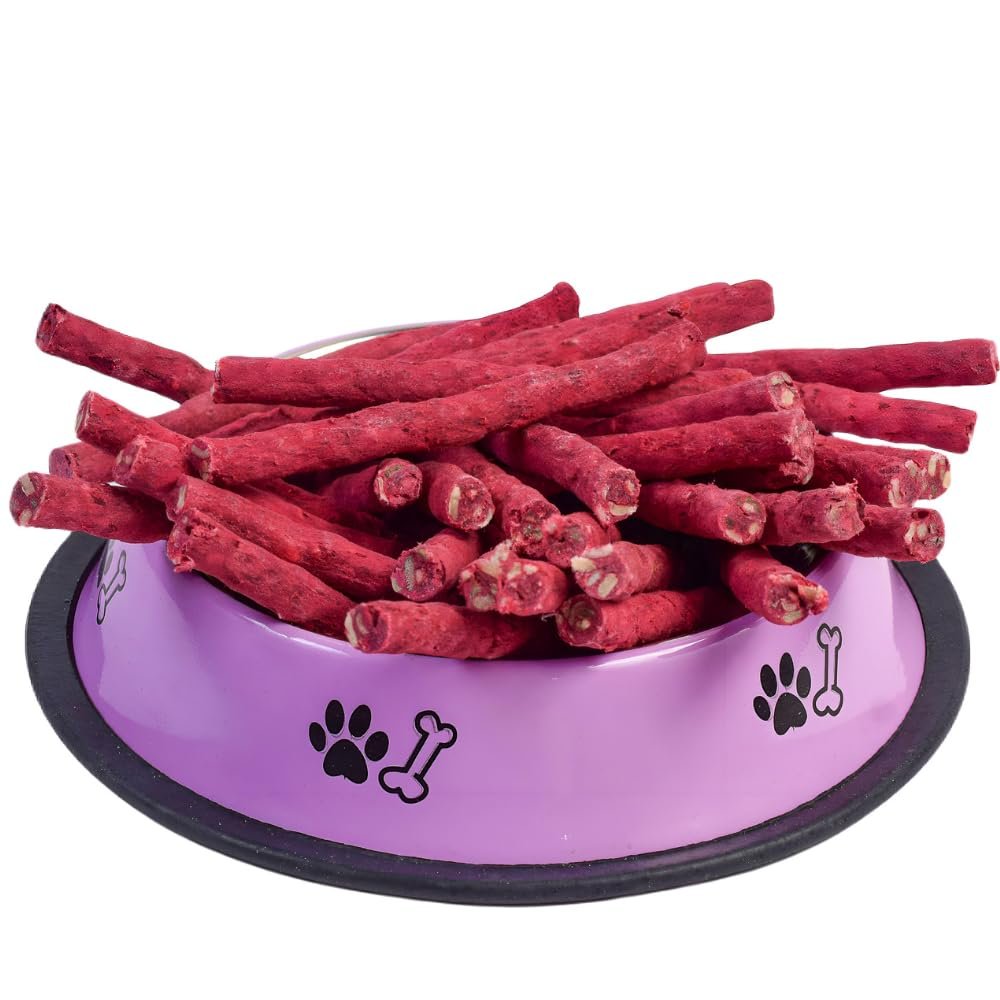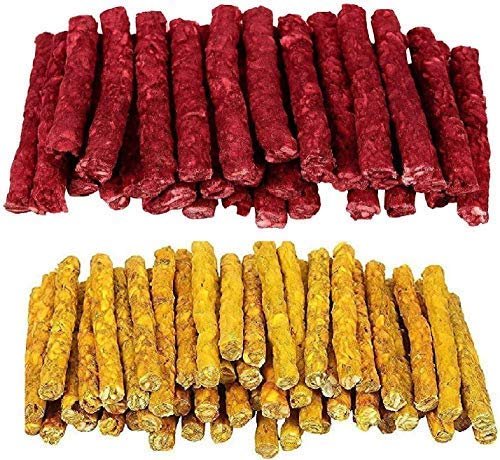Free Shipping On Order Over ₹459
Free Shipping | On Order Over ₹459
When it comes to our pets, ensuring their health and well-being is paramount. Healthy Food for Pets plays a pivotal role in their overall well-being. In this comprehensive guide, we will delve into everything you need to know about providing healthy food pets, including how to choose the right options, particularly for cats and dogs. We’ll also explore the process of making nutritious pet food at home, ensuring your beloved companions are well-fed and content.

Buy Stainless Steel Paw Bone Printed Bowl for Pets
Providing a balanced diet is essential for your pet’s health. Nutrients like proteins, fats, carbohydrates, vitamins, and minerals are necessary for their overall well-being. Ensure the food you choose contains a balanced mix of these nutrients to meet their specific requirements.
Understanding how to read pet food labels is crucial. Look for keywords like “complete and balanced,” which indicates that the food meets certain nutritional standards. Additionally, check the ingredient list to ensure it includes high-quality protein sources and minimal fillers.
Different life stages and sizes require different nutritional needs. For instance, puppies and kittens need more calories and nutrients for growth, while senior pets may require specialized diets. Always choose food that suits your pet’s age and size.
Exercise caution when it comes to harmful additives like artificial preservatives, colors, and excessive additives. Instead, choose natural and wholesome options that prioritize your pet’s well-being.

Buy Purepet Ocean Fish Adult Dry Cat Food
Cats have unique dietary needs, including high protein and taurine requirements. Ensure your feline friend’s food meets these criteria to support their health.
Deciding between wet and dry cat food depends on your cat’s preferences and health. Wet food provides more hydration, while dry food can help with dental health. Consult your veterinarian for guidance.
Establish a consistent feeding schedule for your cat to maintain their weight and prevent overeating. Follow the recommended portion sizes on the packaging.



Dogs are carnivores, and their diets should primarily consist of protein. Look for dog food with real meat as the main ingredient to ensure they receive the necessary nutrients.
The debate between grain-free and grain-inclusive dog food continues. Consult your vet to determine which option is best for your dog’s specific needs, as some breeds may be more prone to grain allergies.
Resist the temptation to feed your dog table scraps, as human food can be harmful to them. Stick to a balanced dog food diet to keep them healthy.

If you want complete control over your pet’s diet, consider making their food at home. Consult with a veterinarian or pet nutritionist to create a balanced recipe that meets their nutritional needs.
Use fresh, high-quality ingredients when preparing homemade pet food. This ensures your pets receive the best nutrition possible.
Practice proper food handling and storage to avoid contamination. Cook meat thoroughly and store pet food safely to prevent bacterial growth.
While it is possible to provide a vegetarian diet for dogs, cats are obligate carnivores and require meat for their nutrition.
The frequency of feeding depends on your pet’s age and breed. Consult your veterinarian for a recommended feeding schedule.
Some human foods, like plain cooked chicken or carrots, can be given to pets as treats in moderation. Always check with your vet first.
If you suspect your pet has food allergies, consult your veterinarian to identify the allergen and adjust their diet accordingly.
Homemade pet food can be a good choice if formulated correctly. However, commercial pet food is designed to meet specific nutritional standards, making it a convenient and reliable option.
Monitor your pet’s weight and body condition regularly. Consult your vet if you suspect they are overweight to develop a suitable diet plan.
Ensuring your pets consume healthy food is a fundamental aspect of responsible pet ownership. By following the guidelines mentioned above, you can make informed choices when it comes to selecting or preparing nutritious meals for your beloved cats and dogs. Remember that consulting with a veterinarian for personalized advice is always a wise step to ensure your pets enjoy a long and healthy life.
Sign up for newsletter to receive
exclusive offer & discount
Popular Search: pet toys | Dog food |Pet Grooming | Pet Walking Accessories | Cat Teaser Playing Stick | Rope Toy | Cotton Rope Knot Ball Toy | Rubber Bone Toy | Rope Carrot Toy | Food Bowl | Chicken & Mutton Munchie Sticks | Fur Remover from Clothes | Brush Body Scrubber Shampoo Dispenser | Pet Massage Rubber Bath Glove | Nail Cutter Clipper And Filer |